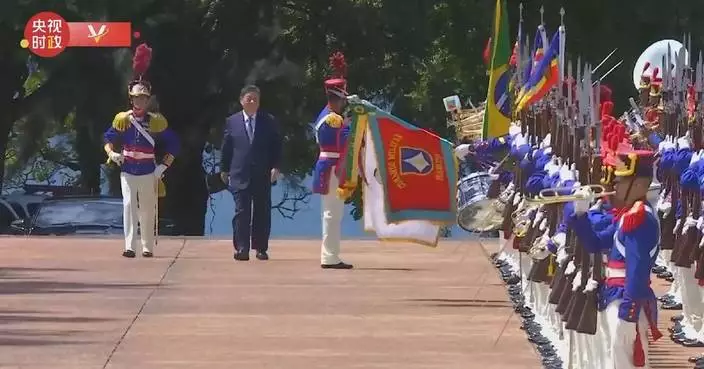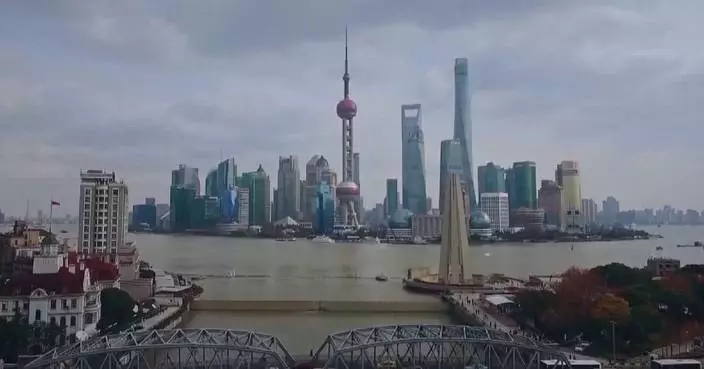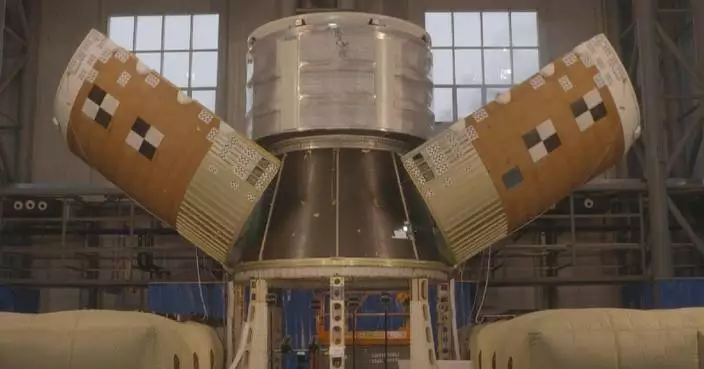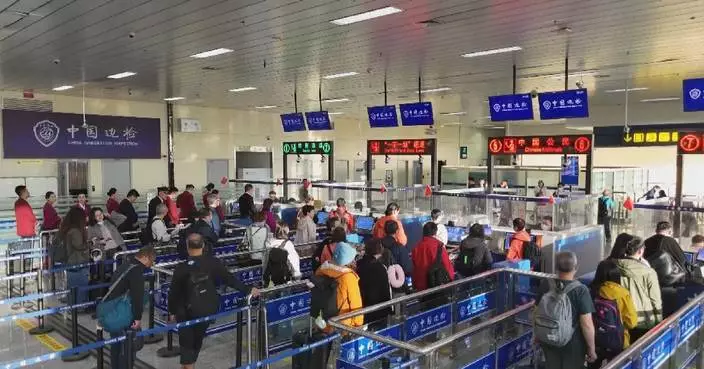Brazil's bustling city of Belo Horizonte is set to receive new Chinese-made trains to expand the city's metro options and alleviate heavy traffic.
Belo Horizonte is home to around 2.5 million residents. Despite its size and significance, the city's public transportation system faces major challenges. The metro system, which many cities this size rely on, is minimal - serving only a few stops. Instead, buses are the primary way for people to get around, contributing to heavy traffic congestion.
"The challenge for me is the heavy traffic. We face traffic in the morning and at night, so we spend a lot of time in traffic," said Luiza Xavier Dos Santos, a local commuter.
As the region's political, economic, and cultural center, Belo Horizonte's transportation system plays a critical role in the state's development. Recognizing the city's need for better infrastructure, Chinese companies have increasingly contributed to smart city initiatives across Brazil, including efforts to improve urban transit in Belo Horizonte.
"China has long been recognized as an important benchmark. The Chinese built a network of 40,000 kilometers of high-speed trains in record time. So we are very much inspired by them," said Rafael Benini, Sao Paulo secretary for Investment Partnership.
On May 28, a significant milestone was reached in Brazil. In a high-profile signing ceremony, China's CRRC Changchun Railway Vehicles signed a major contract to export 24 advanced metro trains to Belo Horizonte. These trains, capable of automatic operation and speeds of up to 80 kilometers per hour, will soon serve both the existing Line 1 and the under-construction Line 2, alleviating the city's traffic congestion.
"I think Brazil needs more trains. It's a cheap way to travel, very comfortable and very good. I would benefit a lot from it. So I am very happy with the news," said Enzo Pauline, a local commuter.
The design team at CRRC Changchun has customized metro trains specifically for Belo Horizonte's needs. With a focus on safety, reliability, and comfort, the trains feature intelligent, energy-efficient systems that are expected to operate smoothly throughout their lifespans. This export contract is not only a breakthrough for Belo Horizonte's transit system but also a promising step in the growing cooperation between China and Brazil.

Chinese manufacturers power modernization of Brazil's public transport system

Chinese manufacturers power modernization of Brazil's public transport system









